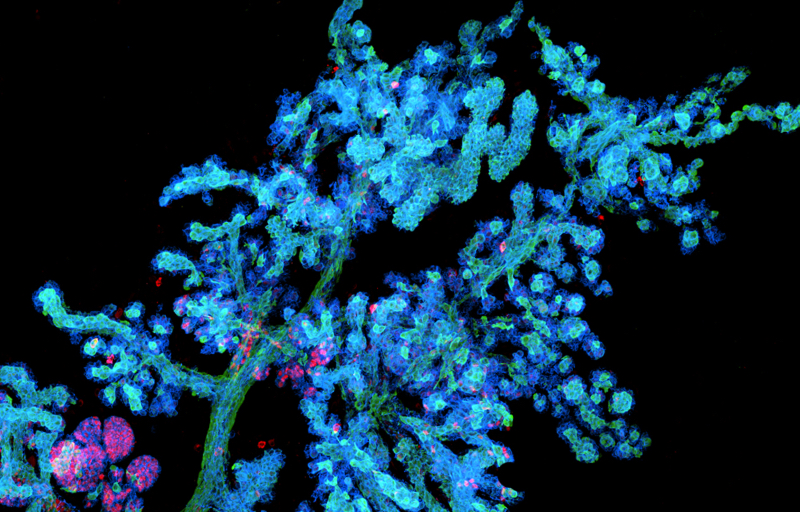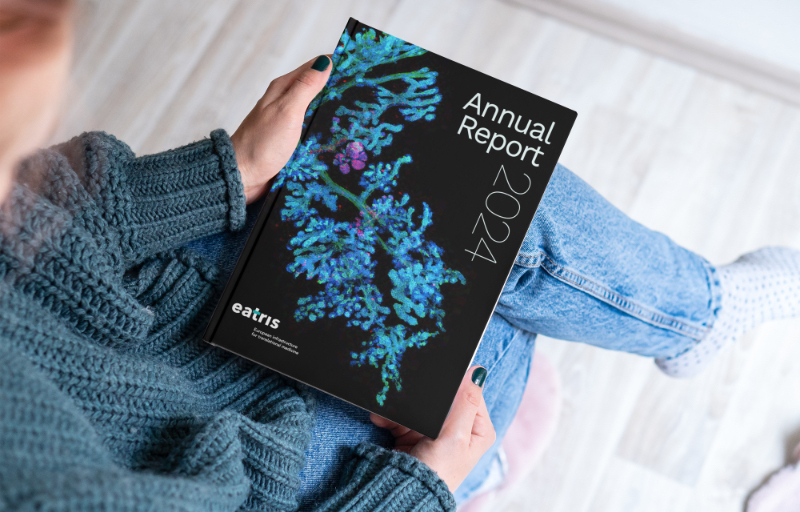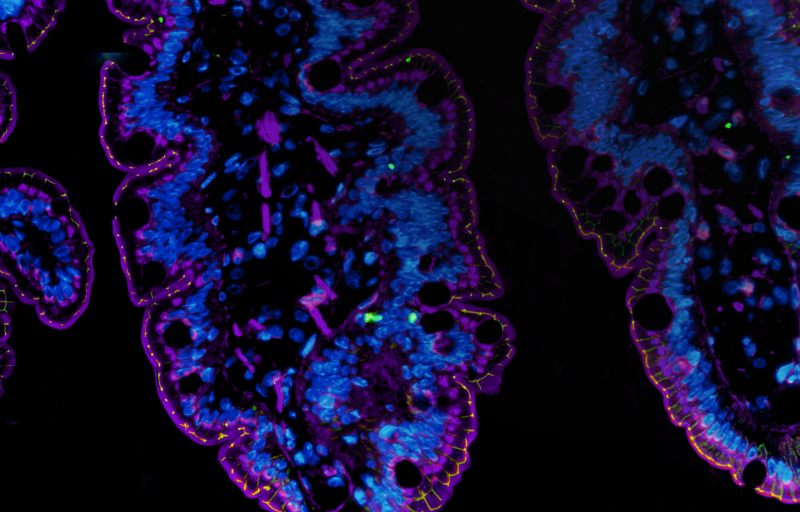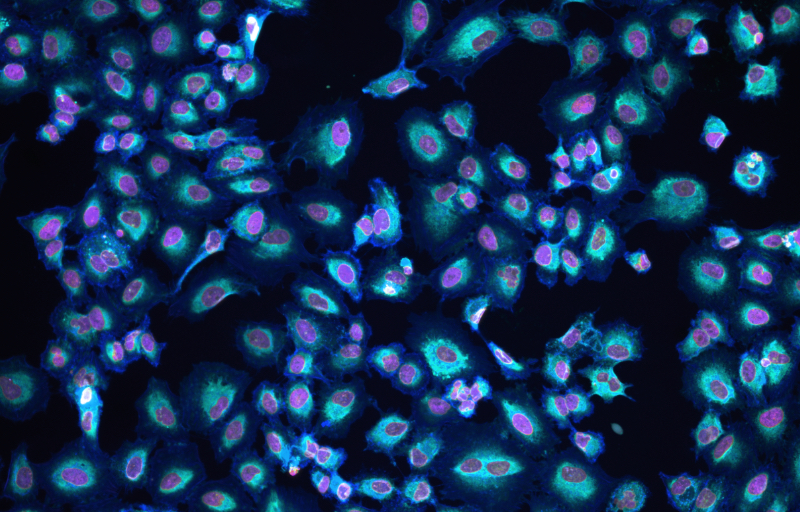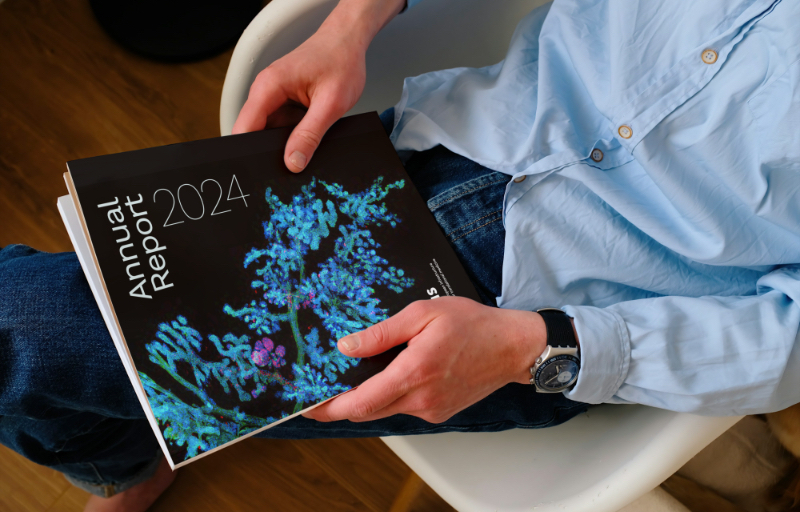We are pleased to present the EATRIS Annual Report for 2024, highlighting our achievements and progress over the past year. You can view and download the report here. Rich with original insights and visuals from across our community, the report reflects our continued dedication to advancing translational medicine across Europe and beyond.
Key Highlights from 2024:
- Launch of the EATRIS Spotlight Programme, celebrating national excellence and research leadership – with Spain opening the series by exploring the health impacts of climate change.
- Digital transformation through EATRIS-CONNECT, a new EU-funded initiative that will use digital transformation as a tool to accelerate translational medicine.
- Successful launch of iDR24, the International Drug Repurposing Conference, bringing together global experts to foster collaboration and innovation in medicines repurposing.
- Expansion of the EATRIS project portfolio with five new initiatives: ERDERA, PRECISEU, UMBRELLA, EATRIS-CONNECT, and OSCARS.
- Introduction of six impact pathways to better measure and communicate EATRIS’ contributions to research, innovation, policy, and economic development.
- Continued mentoring through initiatives such as REMEDi4ALL and EJP RD, guiding researchers in regulatory, clinical, and drug repurposing challenges.
- Strengthened partnerships across the ecosystem – from academia and funders to industry and patients – underlining EATRIS’ role as a trusted, collaborative infrastructure.
We thank all our members and partners for their commitment to our mission – together, we are shaping the future of translational medicine.
The report provides a comprehensive overview of our project portfolio and the diverse activities and services offered by EATRIS. EATRIS institutes across Europe have fostered a unique community where scientific advancements are transforming society for the better. Driven by a shared passion, we are committed to alleviating human suffering, providing novel solutions for patients, and paving the way for a healthier future.
The report highlights our groundbreaking achievements and reaffirms our dedication to improving patient lives. We hope you enjoy exploring the document. Should you have any questions, comments, or feedback, please feel free to contact us.
The cover art shows Curious Contiguous Cells by Dr Bianca Capaldo, WEHI. This image was derived from work undertaken in the lab of Professor Jane Visvader and Professor Geoff Lindeman at WEHI, which pinpointed likely source cells that can grow into breast cancer in women carrying a faulty BRCA2 gene, and was published in Nature Cell Biology in 2024. The recurring visual motifs featured throughout the report draw inspiration from human skin touch domes – also known as Merkel cell-neurite complexes – that are responsible for sensing touch and texture.


